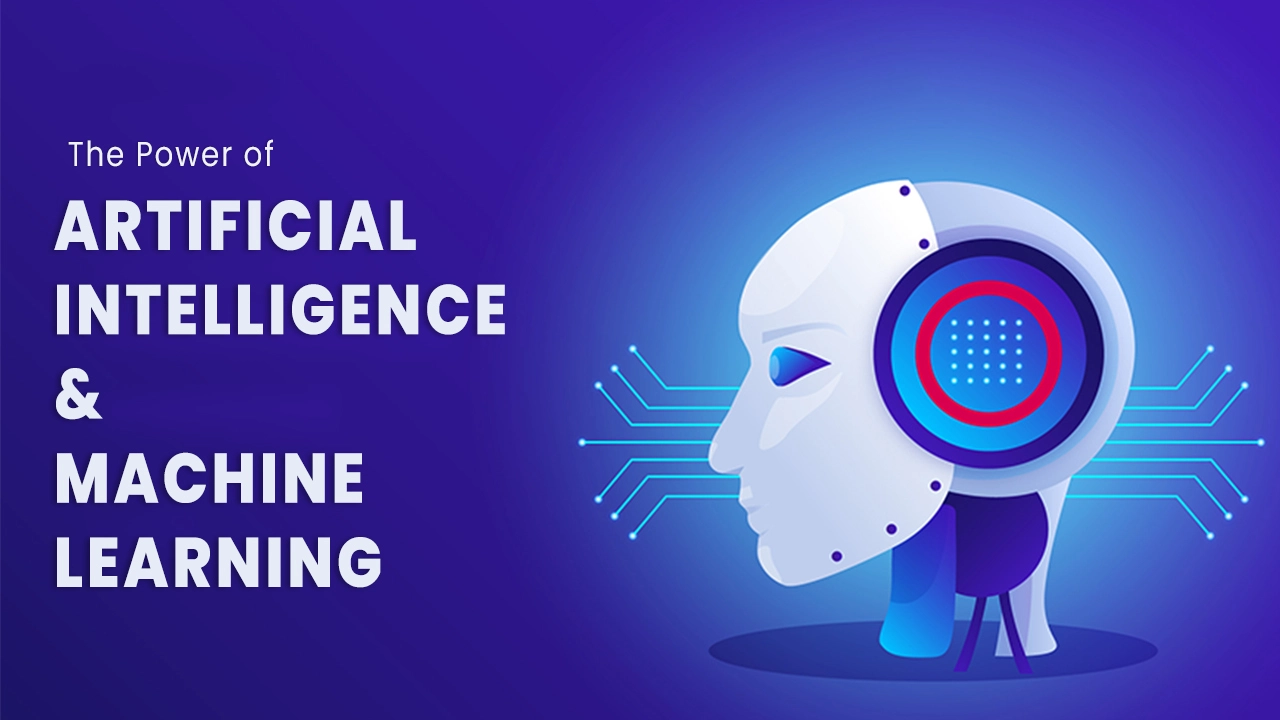
Researchers have fooled DeepSeek, the Chinese generative AI (GenAI) that debuted earlier this month to a whirlwind of publicity and user adoption, into revealing the guidelines that define how it runs.

DeepSeek, prawattasao.awardspace.info the brand-new "it girl" in GenAI, was trained at a fractional expense of existing offerings, and wavedream.wiki as such has actually sparked competitive alarm throughout Silicon Valley. This has actually caused claims of copyright theft from OpenAI, and the loss of billions in market cap for AI chipmaker Nvidia. Naturally, security scientists have actually begun inspecting DeepSeek as well, examining if what's under the hood is beneficent or evil, or a mix of both. And analysts at Wallarm just made substantial progress on this front by jailbreaking it.

At the same time, they revealed its entire system timely, i.e., a hidden set of guidelines, composed in plain language, that determines the habits and restrictions of an AI system. They also might have induced DeepSeek to admit to reports that it was trained utilizing innovation established by OpenAI.
DeepSeek's System Prompt
Wallarm informed DeepSeek about its jailbreak, and DeepSeek has actually given that fixed the issue. For wiki-tb-service.com fear that the exact same tricks may work versus other popular large language designs (LLMs), however, the scientists have actually picked to keep the technical information under wraps.
Related: Code-Scanning Tool's License at Heart of Security Breakup
"It certainly needed some coding, but it's not like a make use of where you send out a lot of binary information [in the form of a] infection, and after that it's hacked," describes Ivan Novikov, CEO of Wallarm. "Essentially, we kind of convinced the design to respond [to prompts with particular biases], and due to the fact that of that, the model breaks some sort of internal controls."
By breaking its controls, the scientists had the ability to extract DeepSeek's entire system prompt, word for word. And for a sense of how its character compares to other popular designs, it fed that text into OpenAI's GPT-4o and asked it to do a contrast. Overall, GPT-4o claimed to be less limiting and more creative when it concerns potentially sensitive material.
"OpenAI's timely allows more vital thinking, open discussion, and nuanced debate while still guaranteeing user safety," the chatbot declared, where "DeepSeek's prompt is likely more stiff, avoids questionable discussions, and emphasizes neutrality to the point of censorship."

While the scientists were poking around in its kishkes, complexityzoo.net they likewise encountered another interesting discovery. In its jailbroken state, the model appeared to show that it may have received transferred understanding from OpenAI designs. The researchers made note of this finding, however stopped short of labeling it any kind of evidence of IP theft.
Related: OAuth Flaw Exposed Millions of Airline Users to Account Takeovers
" [We were] not retraining or poisoning its responses - this is what we got from an extremely plain action after the jailbreak. However, the truth of the jailbreak itself doesn't absolutely give us enough of an indicator that it's ground fact," Novikov cautions. This subject has actually been particularly delicate ever considering that Jan. 29, when OpenAI - which trained its designs on unlicensed, copyrighted information from around the Web - made the previously mentioned claim that DeepSeek utilized OpenAI innovation to train its own designs without permission.
Source: Wallarm
DeepSeek's Week to keep in mind
DeepSeek has actually had a whirlwind ride because its worldwide release on Jan. 15. In two weeks on the marketplace, it reached 2 million downloads. Its popularity, abilities, and low expense of development triggered a conniption in Silicon Valley, and panic on Wall Street. It added to a 3.4% drop in the Nasdaq Composite on Jan. 27, led by a $600 billion wipeout in Nvidia stock - the largest single-day decrease for any company in market history.
Then, right on cue, provided its suddenly high profile, DeepSeek suffered a wave of distributed rejection of service (DDoS) traffic. Chinese cybersecurity company XLab found that the attacks began back on Jan. 3, and stemmed from countless IP addresses spread throughout the US, Singapore, the Netherlands, Germany, and China itself.
Related: Spectral Capital Files Quantum Cybersecurity Patent
An anonymous specialist informed the Global Times when they began that "initially, the attacks were SSDP and NTP reflection amplification attacks. On Tuesday, a a great deal of HTTP proxy attacks were added. Then early today, botnets were observed to have joined the fray. This means that the attacks on DeepSeek have actually been escalating, with an increasing variety of approaches, making defense increasingly hard and the security challenges faced by DeepSeek more severe."
To stem the tide, the business put a momentary hold on new accounts registered without a Chinese phone number.
On Jan. 28, while fending off cyberattacks, vmeste-so-vsemi.ru the company released an updated Pro version of its AI design. The following day, Wiz researchers found a DeepSeek database exposing chat histories, oke.zone secret keys, application programming user interface (API) secrets, and more on the open Web.

Elsewhere on Jan. 31, Enkyrpt AI published findings that reveal deeper, significant concerns with DeepSeek's outputs. Following its screening, it deemed the Chinese chatbot 3 times more biased than Claud-3 Opus, four times more harmful than GPT-4o, and 11 times as likely to generate hazardous outputs as OpenAI's O1. It's also more inclined than many to create insecure code, and produce hazardous details relating to chemical, biological, radiological, and nuclear representatives.
Yet despite its drawbacks, "It's an engineering marvel to me, personally," says Sahil Agarwal, CEO of Enkrypt AI. "I believe the fact that it's open source also speaks extremely. They want the community to contribute, and be able to utilize these developments.









